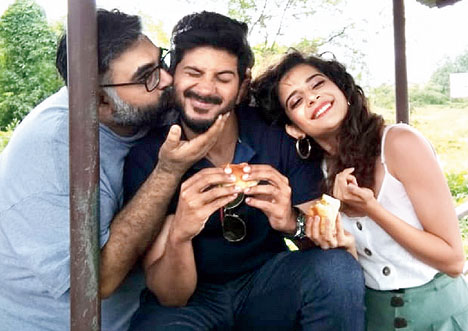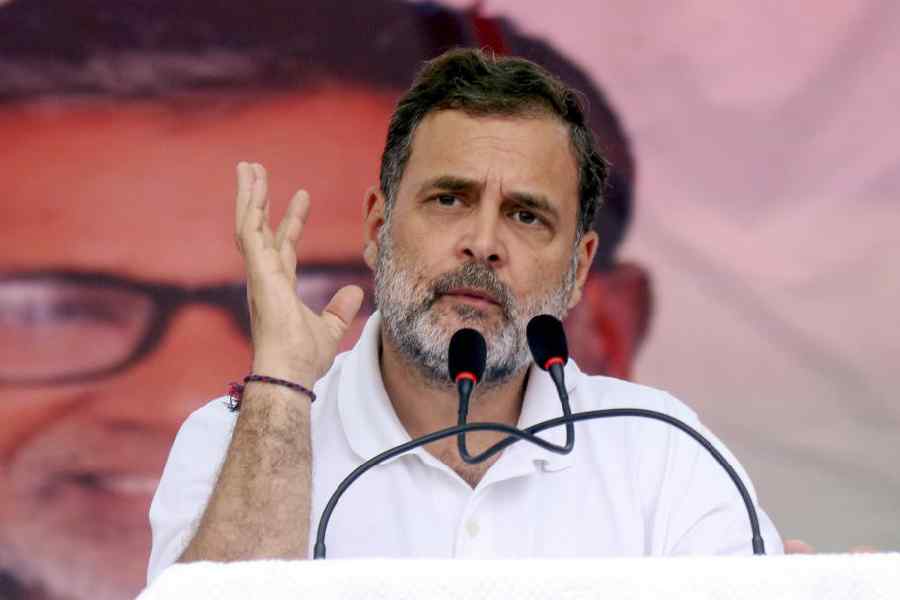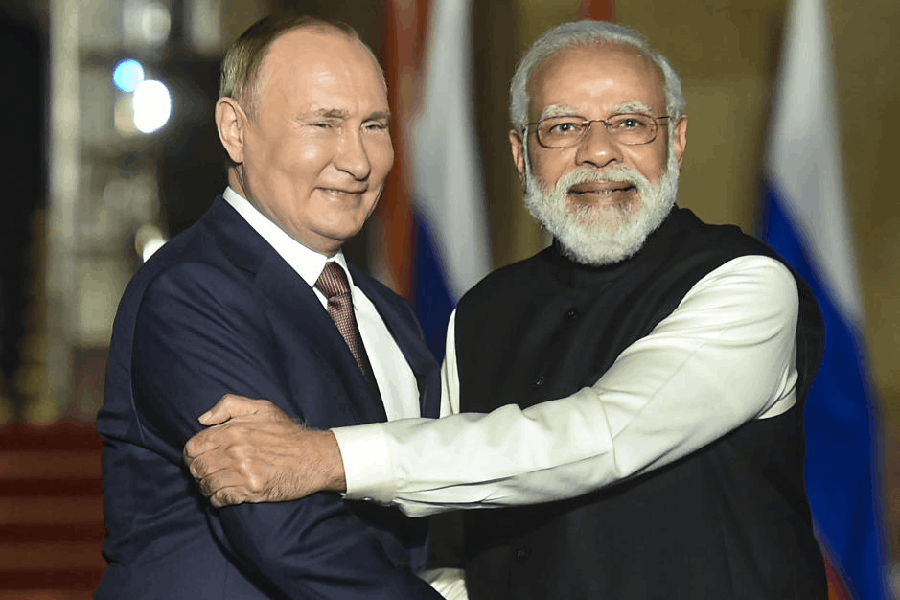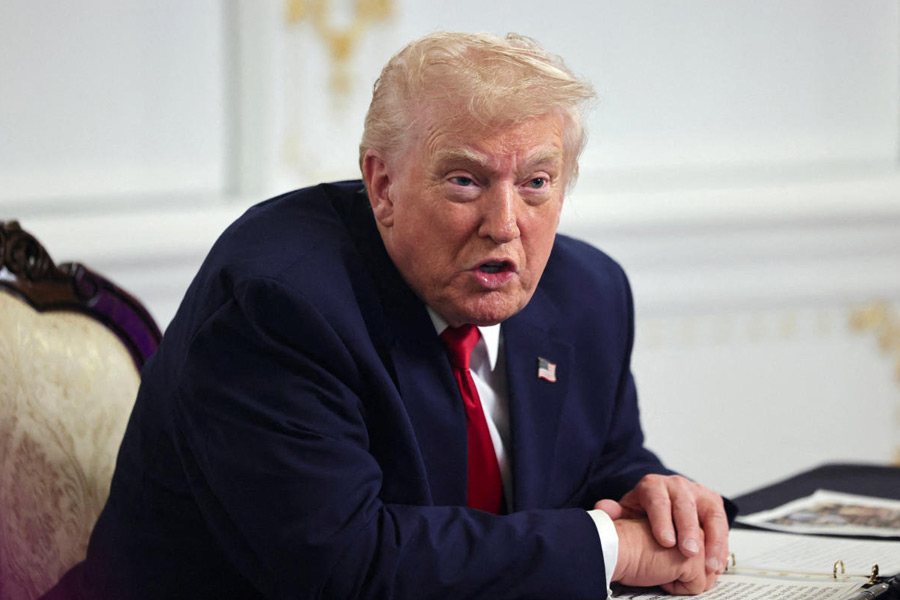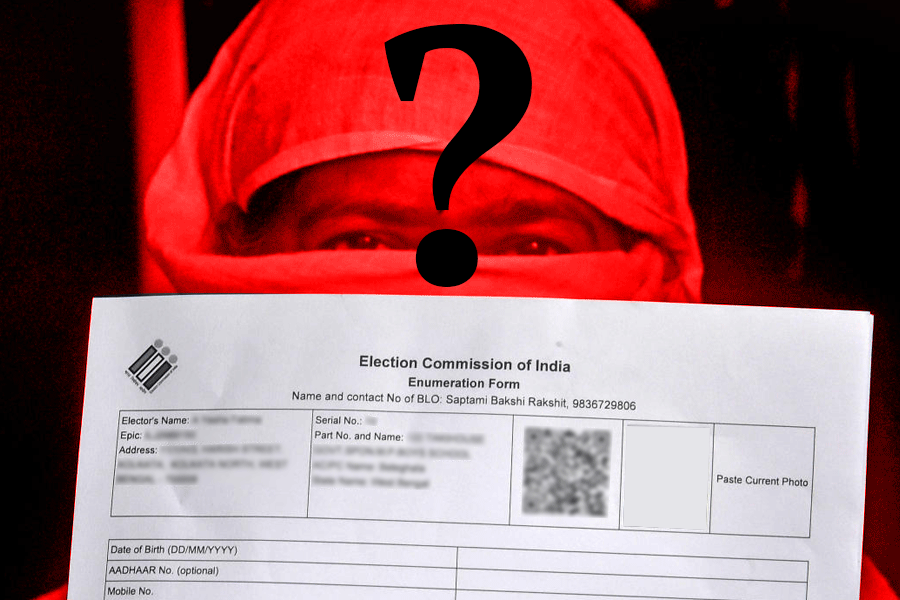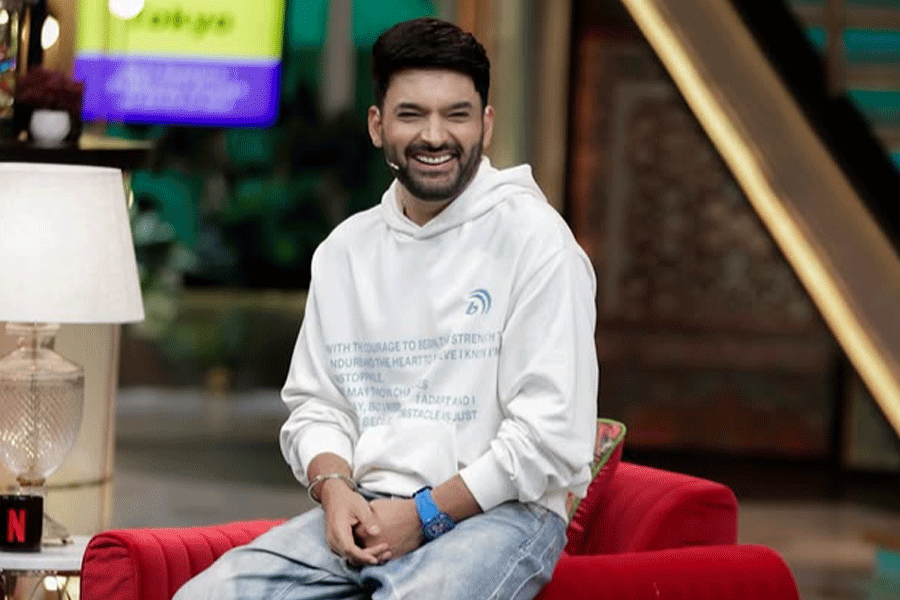
Theatre director, screenwriter, sporadic actor and now film director Akarsh Khurana wears many hats. His directorial debut High Jack, starring Sumeet Vyas, didn’t make much of a mark, but there is a lot of buzz about his next — Friday release Karwaan. The road movie revolves around a mix-up of dead bodies and stars Irrfan Khan, Mithila Palkar and marks the Hindi film debut of Malayalam star Dulquer Salmaan. Khurana spoke to t2 about being a “Kerala junkie” and directing Irrfan.
I heard the idea for the film came from director Bejoy Nambiar?
That’s right! A friend of mine, Adhir Bhat, and I were acting in a film called David that was directed by Bejoy and we were also writing some stuff for him at that time. One of the ideas Bejoy ran past us was of a gentleman who gets the wrong dead body delivered to him and has to undertake a journey to set things right. We loved how bizarre the idea was, and felt something could come out of it. So, Adhir and I took that idea, fleshed it out, added characters and gave it a form that we were quite happy with. This was all four years ago. It had its own trials and tribulations and here we are today!

How did Irrfan get involved?
When we wrote the film, we never thought we’d be able to pull off anything as ambitious or special as getting Irrfan on board. Ronnie (Screwvala, the film’s producer) set up the meeting, saying at worst he’d say ‘no’. Irrfan was shooting Hindi Medium at the time in Delhi, and we went and narrated to him. He had actually done some work that he’d liked with Hussain Dalal, Karwaan’s dialogue writer, so he was very open to listening. It was unbelievable because he said ‘yes’ almost instantly — he had some thoughts that he shared. We were a little shell-shocked that he agreed.
Have you been in touch? How’s he doing?
He saw the final cut of the film with his family two weeks ago, and we spoke for 15-20 minutes after that. He was sounding better but I don’t know what the current status is with his health. He was happy with the film, which was a great relief to me. I’m hoping things are getting better because he sounded good, and that he’ll be back soon.
The route the film’s characters take — from Bangalore to Coimbatore to Kochi — isn’t one we see very often. Did that happen organically?
It’s a route I’ve actually taken for work in theatre — I’ve travelled from Bangalore to Ooty to Kochi, and it’s a route that I really loved. We’ve seen enough films set around Manali or Goa. Also, I’m a Kerala junkie. Fort Kochi used to be my go-to place for vacations and I love the place, the vibe and the food. I also thought that people haven’t seen too much of Kerala. It fits in organically in the film, and this did come up for discussion. Ronnie was quite clear that it’s the right choice for the very reason that it’s not been seen often and is not run-of-the-mill.
Shooting with Dulquer in that region must have been a really interesting experience!
(Laughs) We all knew he’s a star, but we had underestimated the kind of following he has. Everywhere we went, the minute people found out he’s shooting, there were mad crowds. Once we were driving from one location to another and were using this bypass that was completely desolate and there was this little bridge in the middle that we loved and wanted to shoot at. We were convinced that this was one place where we’d get no crowds and could get some wide shots, but within 15 minutes there were a thousand people running through fields coming out to our bridge because some guy on a bike had seen us and the word spread. But these were well-behaved and cooperative crowds; they’d keep quiet because it was sync sound, they’d keep their distance when told to. My National Award- winning sound designer Anish John is a Malayali himself and he communicated with them, so that went well.
You have three main leads in the film who are actors at very different stages of their career and with diverse audiences. Did that require you to direct them differently?
Not at all. Firstly, when you have Dulquer and Irrfan in a frame, how do your direct them? They know what they’re doing and you just have to remind yourself that you’re a director and not a fan at that point. Both Irrfan and Dulquer had done their own homework. Irrfan had worked out a persona and a dialect, from some part of his life. Dulquer came and had a couple of chats with me about how he wanted to play it.
For Mithila (Palkar), it was her first big thing but I’ve known her for a while from theatre. What I like about her is that she plays it like a real person and not some ditzy teenager, and that’s what I wanted Tania to be, with no histrionics involved. We tend to stereotype
19-year-olds as these teenyboppers who talk in hashtags, but Tania’s character comes from a family of very strong independent women, so she’s a sane 19-year-old with her own code of ethics.
You’ve directed plays, web series and now films. Is there one that you enjoy more than the others?
Cinema is a far more technical medium, with far more moving parts and having to coordinate between different departments. Having said that, the joy of directing in any medium comes from working with actors. Whether it’s on stage and we’re going to put on 10 lights and give them some music, or it’s on location with cameras and sound rolling and 1,000 people watching, for me the moment that matters most is the one where the actors come together to give life to your vision. Everything else is a technicality. Every film is like film school and I was fortunate enough to assist and learn on a film like Krrish, and because I wrote the film it was interesting to watch the process. But I like a lot of spontaneity and the actors to bring what they can and all three of them did that in this film.

